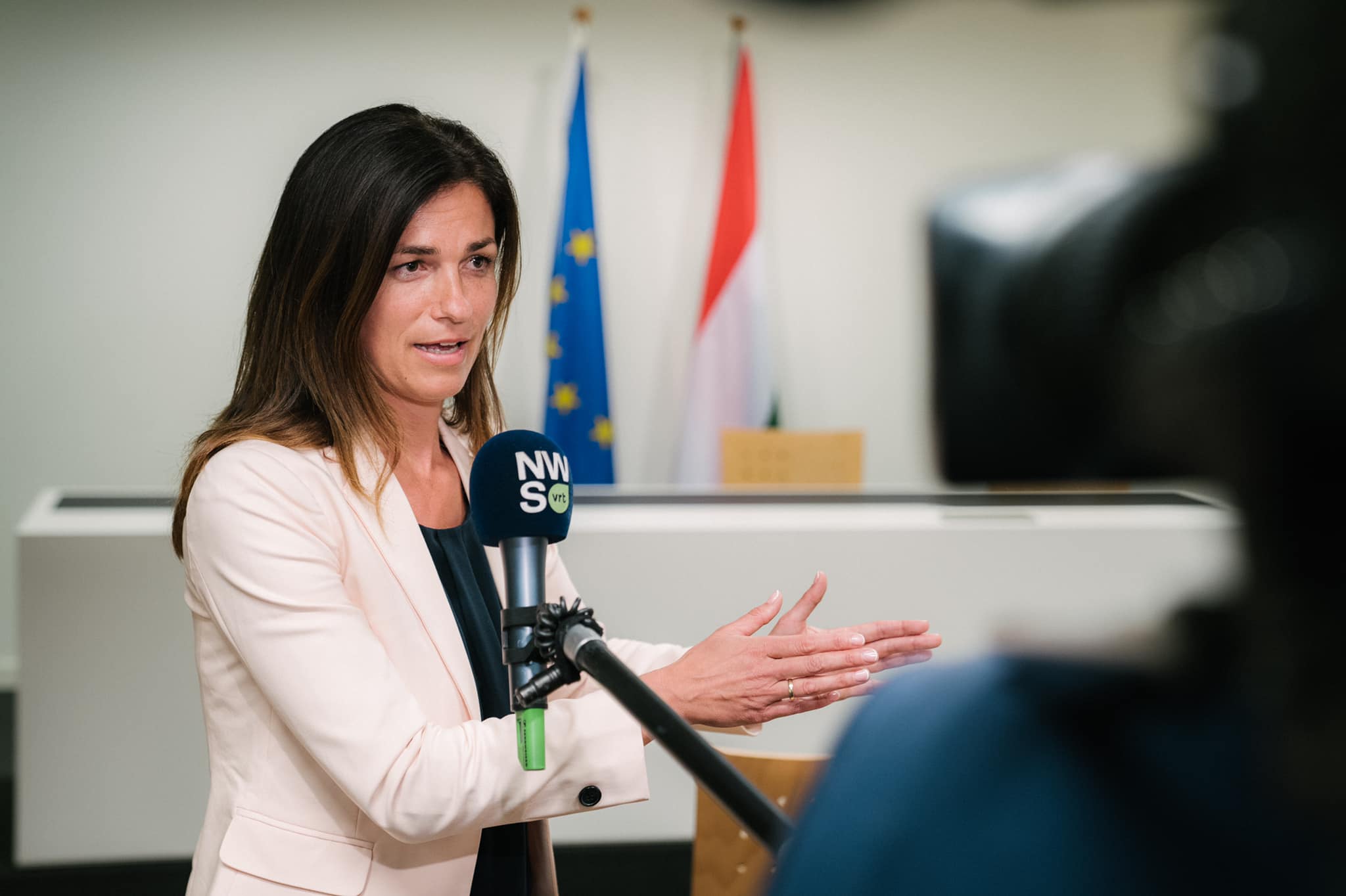
"Hungary is a democratic state governed by the rule of law, and as such, when it comes to any individual it has always acted and continues to act in accordance with the law in force," the government said.Continue reading

While some government officials are addressing Hungary’s Pegasus scandal as an unjust attack on the Orbán administration, others are either avoiding questions or directing journalists elsewhere. State secretary Zoltán Kovács made a detailed statement dismissing the scandal as a fabrication. His statement was quickly responded to and criticized by a journalist of The Guardian. While Hungarian news outlets want to learn more about the scandal from government officials, they are either continuously hitting roadblocks of unclear response or are being redirected to other department officials.
Zoltán Kovács addressed the accusations made against Hungary in the Pegasus scandal as “nothing more than uncorroborated claims.” In a post on the Prime Minister’s official blog, About Hungary, the state secretary for public diplomacy and relations described the issue as one which was created by “left-wing news outlets led by The Guardian.”
Kovács listed three problems which he believes make the scandal discreditable. First, he says that based on supervision protocols, it is clear that the Orbán administration has not conducted any illegal surveillance in Hungary since taking power in 2010.
Secondly, Kovács repeats Minister of Justice Judit Varga’s statement that “states must have the necessary tools to combat the many threats that they face today.” This involves protecting Hungary from “foreign secret services and their agents, or actions that aim to undermine constitutional order.”
Kovács’ third problem with the scandal is that it is based on “unsubstantiated claims,” dismissing the list provided by the Pegasus project since he does not consider it true.
The bombshell charges are against Hungary and the government of Prime Minister Orbán, so the media just gobbles it up without question and runs with the herd.”
Shaun Walker, a journalist from The Guardian, responded to the state secretary’s three points on twitter. He clarified that the French nonprofit Forbidden Stories is the one leading the investigation, along with “some of Europe’s best investigative journalists.”
3. You say there is no evidence, but we are providing forensic analysis done by Amnesty International and peer reviewed by Citizen Lab. I guess readers can decide if they find that or the vague official non-denials more trustworthy.
— Shaun Walker (@shaunwalker7) July 20, 2021
Regarding the claim on a lack of evidence, Walker argues that “we are providing forensic analysis done by Amnesty International and peer reviewed by Citizen Lab.” He adds that there is only a denial of illegal surveillance, not a denial that surveillance happened.
Walker also states that if people such as Szabolcs Panyi were in fact foreign agents or threats to constitutional order, “it would seem crucial to release the evidence for such incendiary claims about leading and well-respected journalists.”
Telex published a video on Wednesday of their correspondent, Tamás Fábián, asking Hungarian officials for further details about the Pegasus scandal. The Fidesz representatives either chose not to respond or directed questions to other department officials.
Judit Varga Avoids Question of Procurement
In response to the question of whether the Hungarian government purchased the Pegasus spyware, Judit Varga said that these are technical questions which are not under her responsibilities as justice minister. “I am responsible for legality,” she explained.
Asked whether she gave permission for surveillance to be conducted on the targeted individuals, Varga said that every kind of suspicion on information gathering needs to be investigated. This is the responsibility of the Interior Ministry, while the Justice Ministry checks whether the legal requirements of such investigations are met.
State secretary Pál Völner is the one who gives the go-ahead on decisions to conduct surveillance, she explained, and since her department deals with the rule of law, Varga directed Telex’s questions to the Minister of the Interior.
Minister of the Interior Directs Questions to Security Committee
On the question of procurement and use of Pegasus, Minister of the Interior Sándor Pintér said that “I have never made such an announcement and will not make one now either.” Pintér suggested Telex to direct its questions to the National Security Committee of the National Assembly.
Innovation Minister Says Pegasus Is Not Even Spyware
Telex also asked Minister of Innovation and Technology László Palkovics whether it would be correct to openly investigate the situation to see why the targeted individuals were watched. Palkovics responded that this whole issue was popularized by the media, that Pegasus is actually not spyware, and that it is Hungary’s right to protect its own interests.
TV channel RTL Klub asked Minister of the Prime Minister’s Office Gergely Gulyás whether the Hungarian government purchased the Pegasus spyware program. Gulyás’ response was that “I did not purchase any kind of software.”
The minister added that the types of tools used for surveillance are not openly available to everyone, and their access is possibly not even decided on by the government. “It does not matter what type of technical tool is used, every state has a constitutional responsibility, every state has intelligence-gathering capabilities.
Gulyás’ statement is similar to that of his Fidesz colleagues, but when a high-ranking representative of the Prime Minister’s office avoids a straightforward question such as this one, the suspected answer becomes quite clear. Considering that a resounding ‘no’ has not been provided from any official, it is difficult to argue that the Pegasus project’s efforts amounted to nothing but fabrications.
In the featured photo illustration: Justice minister Judit Varga. Photo via Varga’s Facebook page